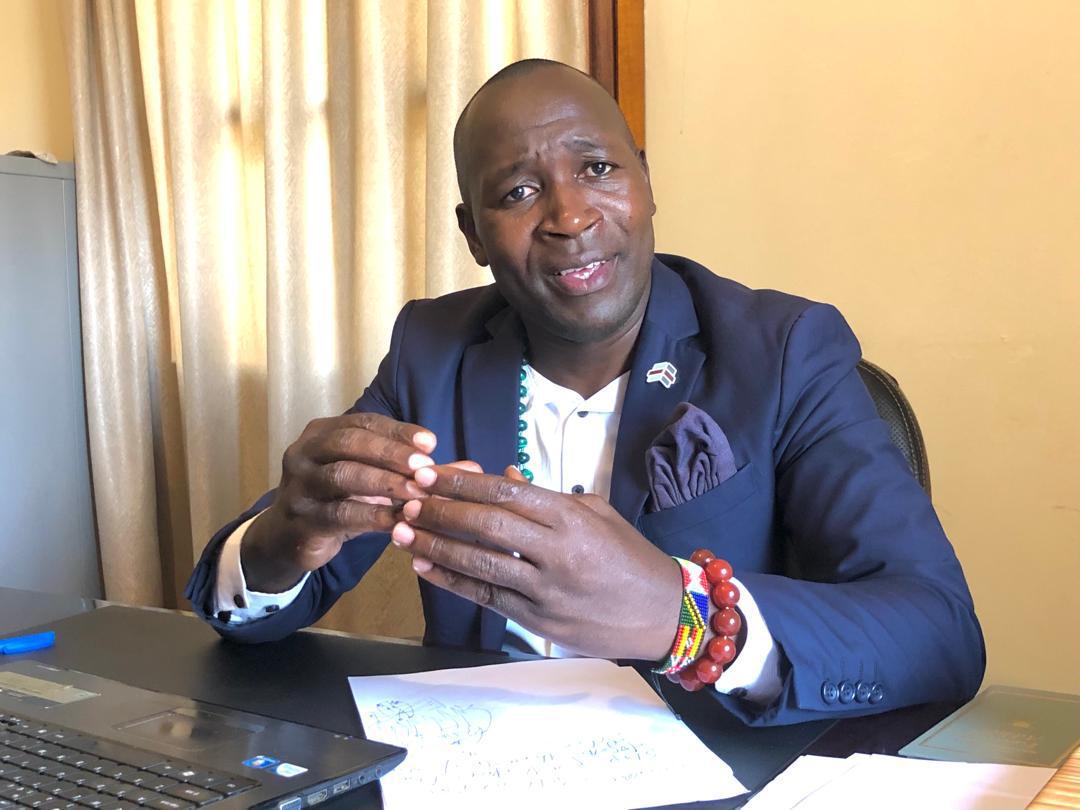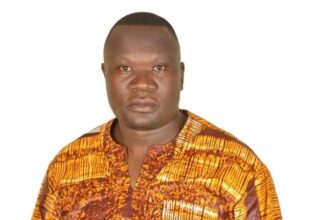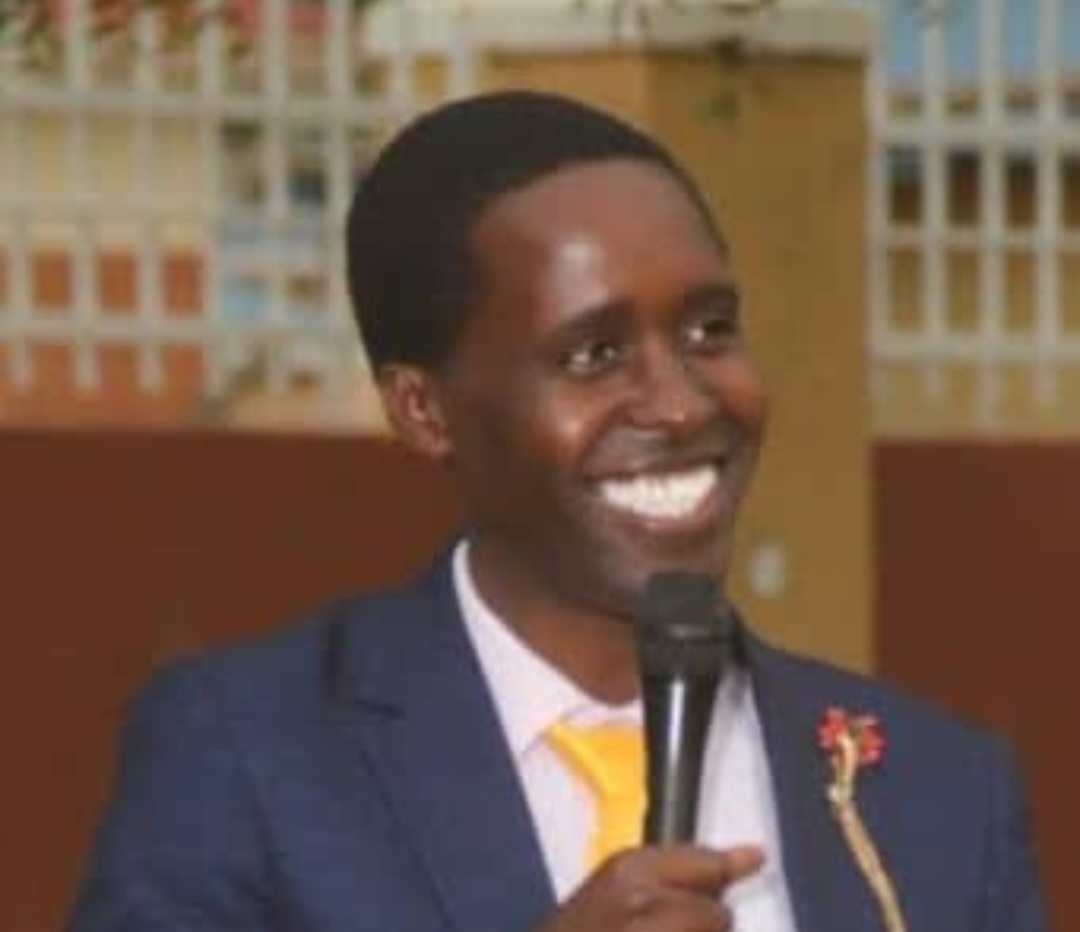Last year, the Principal Judge Hon. Justice Dr. Flavian Zeija in a well-reasoned judgment in the case between the Archbishop of the Church of Uganda, Dr. Steven Kazimba Mugalu versus Mazzi Joyce and 5 others, made a profound pronouncement. He held that it is a constitutional gospel in all commonwealth jurisdictions and also the United States, that courts have no business handling religious questions. In other words, he continues, courts should not resolve cases that turn on questions of religious doctrine and practice. This is popularly referred to as the “religious question” doctrine. He concludes that courts cannot resolve “controversies over religious doctrine and practice.”
This was coming on the heels of another well-reasoned judgment delivered on 30th June 2021 by Hon. Justice Ssekaana Musa in Rev. Charles Oode Okunya versus The Registered Trustees of the Church of Uganda. In this judgement, the learned justice reasoned that religion is deemed by our culture to be a matter of persuasion. Therefore, the law cannot compel a citizen’s adherence to a religious belief. He goes on to enjoin the state to always protect the privilege of infidelity. Justice Ssekaana reasons that the court must understand that they are ill-equipped to deal with religious beliefs and practices because of remoteness and lack of familiarity hence should only interfere when any practices seriously damage the constitutional fabric.
The courts in Uganda that are mandated with interpretation of the law have in light of our constitutional provisions stayed clear of the religions and by that, upheld the freedom of worship and preserved article 29 (1) (c). This article provides that every Ugandan has a right to freedom of practising any religion and manifesting such practice which shall include the right to belong to and participate in the practices of any religious body or organisation in a manner consistent with the constitution.
Beyond the Ugandan courts, in Serbian eastern orthodox diocese for the United States of America and Canada versus Milivojevich, the American supreme court had this to say; “Religious freedoms encompass the power of religious bodies to decide for themselves free from state interference matters of church government as well as those of faith and doctrine.
At the moment, there is a misguided and ill-conceived idea that is the proposed national religious and faith organisations (RFO) policy mooted by some individuals in the ministry of ethics and integrity. The proponents of the policy attempt to put forward several justifications for this policy. These include; to enhance accountable leadership among RFOs, to strengthen partnership between government and RFOs, to provide a specialised mode of registering RFOs, to ensure accountability and finally, they say that there is notable absence of comprehensive guidance for the government’s interaction with and support of RFOs for the collective progress of the nation.
The length and breadth of this policy paint a clear picture of an instrument purposed to usher the country into a departure from the constitutional order set out in several articles of the constitution. One can only but wonder how such an instrument was conceived by a government office whose core mandate it is to protect and promote the law as opposed to devising means to defeat the same. The people of Uganda through the constitution declared no state religion and put several provisions of the law in place to protect freedom of worship. It means that the state or its agencies have no right to determine which is the right form of worship or which is the right or wrong religion or faith.
However, this proposed policy seeks but to violate the constitutionally mandated freedom of worship. The framers of this proposed policy dare to carelessly and whimsically venture where the more sober and constitutionally empowered entities have wisely restrained themselves. Those whose mandate it is to entertain such questions have deemed it unrighteous to venture into the arena of religion and faith, while those who shouldn’t attempt to engage in such matters have developed an insatiable appetite to control the Church and in fact create state religions. Clearly, the proposed policy is a case of fools rushing in where angels fear to tread.
The argument made about some unscrupulous individuals taking advantage of the people is lame. The laws are well able to apprehend any and every criminal masquerading in the church. Many are the examples of people who have been apprehended by the law and Kiwedde is one of these. There needed be no extra law to reign him in once he was found to have been unscrupulous in his dealings. The priests, pastors, sheiks and bishops have no immunity from prosecution under the law that we need a special law targeting them as though it is meant to lift that immunity.
Mark Nasasira Rubaihayo
Email: rubsmark@gmail.com
Do you have a story in your community or an opinion to share with us: Email us at Submit an Article









